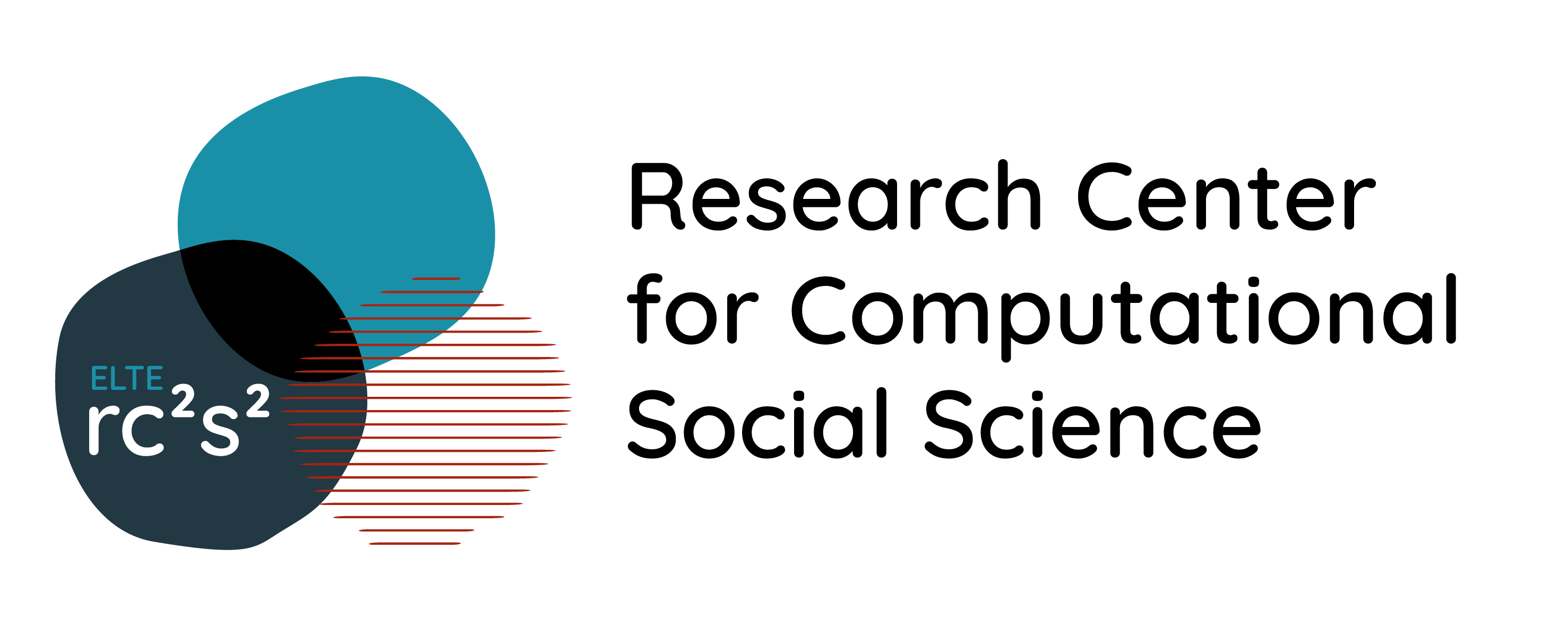We have successfully applied for the CELSA Research Fund with the title “Representations of Migration in a Transforming Europe: The Polarizing Power of Migration as a Political Tool in Online Media and Political Discourses – What can we learn from the 2015 and 2022 refugee crises?.” CELSA was founded in 2016: ten universities from six countries are currently members of the partnership. CELSA applications always involve researchers from KU Leuven together with researchers from the other universities. The aim of CELSA is not only to carry out the research submitted, but also to prepare and submit a large EU grant application. Our research project is led by Leen d’Haenens from KU Leuven and Ildikó Barna from RC2S2. Renáta Németh, Jakab Buda and Zsófia Rakovics are also involved in the research on behalf of our research center.
Our two-year long project explores the mechanisms through which migration is used as a political tool and becomes a source of political polarization reflected in language use. We will analyze the discourse related to the 2015–2016 refugee crisis and the Ukrainian refugee crises in multiple layers of the political public sphere in Belgium and Hungary. The project adopts an innovative methodological approach that combines computational text analysis, qualitative discursive analysis, network analysis, and quantitative statistical methods. Our aim is to map the representation of migration in the Hungarian and Belgian online political and media sphere and identify forms of language polarization against a backdrop of transformation.
According to the reviews, “proposed research topic is very relevant today” and „the project addresses very important and relatively novel topic, which is of high relevance not only for academia but also for EU policymaking.” We also consider the winning application to be a particular success because 65 of the 77 research projects funded in the last six cycles were in the natural sciences. Of the projects funded by CELSA so far, only three have included a social science component, but no research exclusively in the social sciences, such as ours, has ever been funded.
